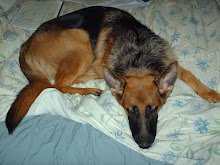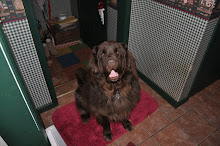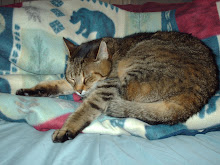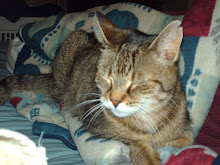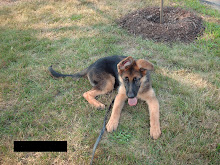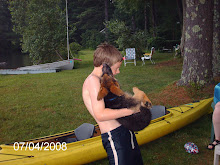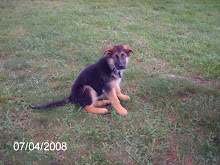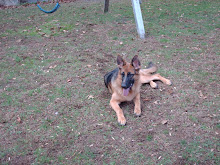 She knew how much a dog can give
She knew how much a dog can giveRoberta C. Kaman, president and co-founder of The Fidelco Guide Dog Foundation, Inc. has diedm the organization said in a statement.
“We are saddened by Robbie’s passing,” Eliot D. Russman, Fidelco’s CEO an executive director said in the statement. “We will miss her presiding presence in our midst, the vision she brought to our organization and the passion with which she served our clients.”
Dogs and dog training were always in Kaman’s life, the statement said.
Kaman recently said in “Trust the Dog,” the new book about Fidelco, “I’ve never been without a dog,” the statement said,
"From the dogs on her grandfather’s farm, to the dogs her father trained for hunting, to the thousands of dogs she bred for Fidelco, canines were an important part of her life," the statement said.
Kaman was "bitten by the training bug early on when she attended a dog training class" in Manchester, Conn, the statement said.
"She proved to be a natural trainer and the town asked her to stay on and help with the classes," the statement said.
As she said, “Apparently I had an ear for the music.”
Over the years, Kaman and her friends raised and showed several breeds, including standard poodles, the statement said and she spent time mentoring with Dr. Allen Leventhal at his veterinarian practice in Bolton, Conn., the statement said.
She got her first German shepherd in 1958, "sowing the seeds for what would become a lifelong fascination with this extraordinary breed of dog," the statement said.
"In 1960, Kaman joined a local German shepherd club in New Haven and met Charlie Kaman, her future husband and founder of Kaman Aerospace. Together, they helped form the Fidelco Breeders Cooperative, the beginnings of what is now the Fidelco Guide Dog Foundation," the statement said.
The cooperative bred German shepherds for 20 years and donated them to guide dog schools and law enforcement.
From 1980, their home-based hobby grew dramatically to become an internationally accredited guide dog foundation that has placed more than 1,300 guide dogs with blind and visually disabled clients throughout the U.S. and Canada, the statement said.
Kaman was instrumental in developing the Fidelco “breed within a breed;” a German shepherd with the temperament, work ethic and stamina suited to guiding people who are blind, the statement said.
Fidelco "also pioneered its “In-community Placement” program in the U.S. Using this process, the Fidelco client is trained with the guide dog in their home area, allowing them to be more productive quickly," the statement said.
Kaman received numerous awards, including the prestigious Migel Medal Award from the American Foundation for the Blind and was honored as a Melvin Jones Fellow, the Lions Club’s highest level of recognition.
“When I get a positive phone call from a person with a Fidelco guide dog, I am always grateful,” Kaman is quoted as saying in the statment. “I realize that we’ve managed to help someone in a very personal and important way.”
The Fidelco Guide Dog Foundation, Inc., a non-profit 501(c)(3) organization based in Bloomfield, breeds, trains and places a unique type of German shepherd guide dogs with people who have visual disabilities.
Now in its 50th year of service, Fidelco relies solely on the gifts and the generosity of individuals, foundations, corporations and civic organizations that partner with us to “Share the Vision.”
In the photo: Roberta C. “Robbie” Kaman, president and co-founder of the Fidelco Guide Dog Foundation, Inc.
Editor's note: The information in this post was provided wholly by Jack Hayward, It is only lightly edited here.

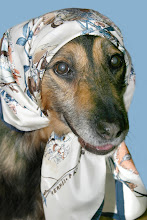



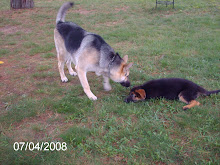
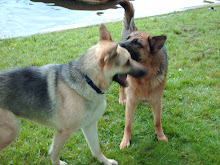
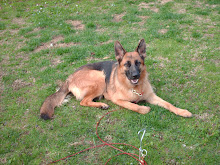
lr2.jpg)

